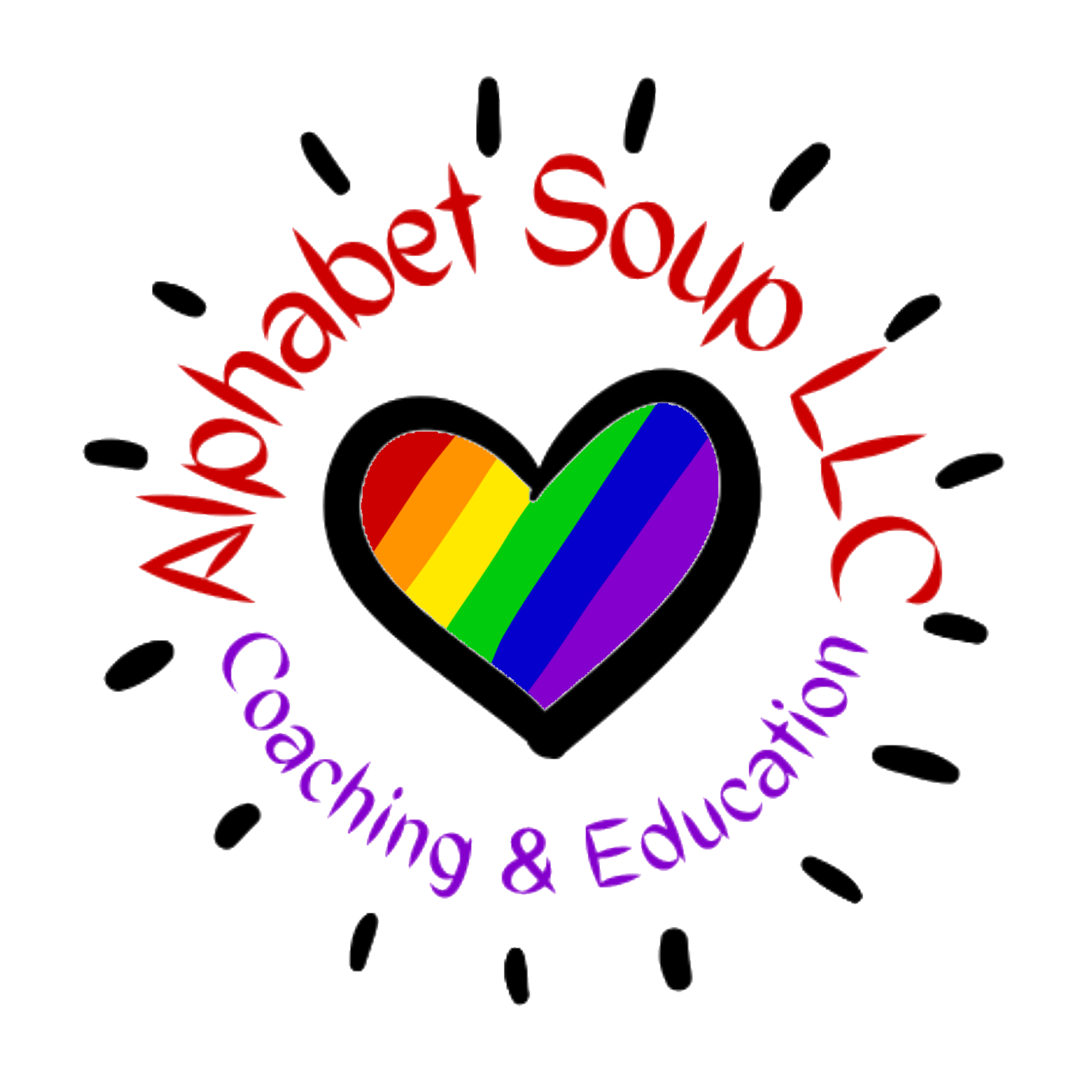Values of Comprehensive Sex Education
Parents/caregivers are the primary sexuality educators to their child(ren).
Schools and community-based organizations function as partners with those parents/caregivers
Together they provide honest, age-appropriate sexuality education.
Sexuality is a natural and healthy part of being human.
At every age, children have a right to age-appropriate information about health, sexuality, and relationships.
Every person has dignity and worth, and deserves respect.
Diversity in gender identity, race, culture, sexual orientation, etc. should be celebrated.
It is wrong to use psychological pressure, fear, or physical force to make people do things without their consent.
People are responsible for their own behaviors and the consequences of those behaviors.
Normalizing EVERYONE’S right and ability to make positive choices about sexuality, sex, and relationships.
Regardless of what their peers are doing.
Regardless of their gender.
Regardless of the gender of their partner(s).
Open communication is an important part of maintaining healthy relationships.
It is good for young people to be able to talk openly and comfortably about sexuality issues with their parents/caregivers, peers, trusted adults, and romantic partners, sexual partners, and doctors.
Relationships should never be coercive or exploitative, but instead should be based on mutual respect.
It is normal to have sexual feelings, however feelings should not always be acted upon.
Until a person is old enough to act responsibly and protect themselves and their partners, it is healthiest to seek ways other than vaginal, oral, or anal sexual intercourse to express their romantic and sexual feelings.
All people have a responsibility to prevent unwanted pregnancies and the spread of STIs by; abstaining from risky behavior, using effective contraception and barriers, and openly communicating risks

